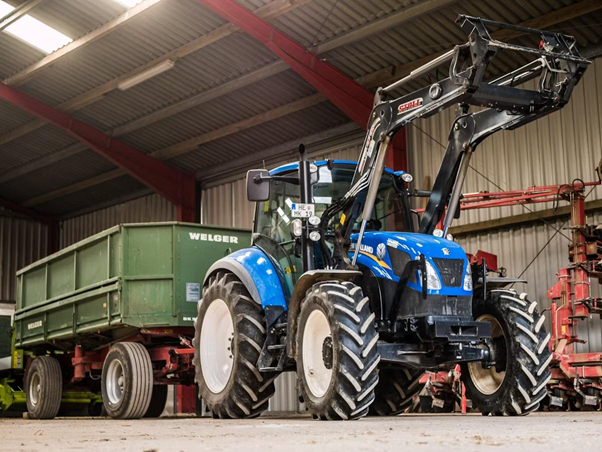Choosing the right dump trailer can make a significant difference in the efficiency and ease of your hauling projects, whether you are working on landscaping, construction, or farm-related tasks.
Here are five essential factors to consider when choosing a dump trailer.
1. Determine Your Primary Usage Needs
The first step in selecting the right dump trailer is to consider how you plan to use it. Are you primarily hauling heavy construction materials like gravel, soil, or concrete? Or perhaps your main focus is lighter tasks such as moving landscaping materials or debris.
Understanding your primary usage will help narrow down the options and prevent over-investing in features or specifications that are not necessary for your projects.
2. Evaluate the Trailer Size and Weight Capacity
The size and weight capacity of a dump trailer are critical in making the right choice. Trailer sizes typically range from compact 5×8 models to larger options like 7×14 or even bigger. Your choice should reflect the amount and type of materials you expect to haul.
Pay attention to the trailer’s Gross Vehicle Weight Rating (GVWR), which indicates the maximum amount it can safely carry, including its own weight. By matching the trailer size and weight capacity to your intended load, you’ll avoid overloading and ensure optimal performance.
3. Understand the Differences in Dumping Mechanisms
Dump trailers come with different dumping mechanisms, each suited to specific types of projects. Hydraulic dump trailers, for example, use a power-operated hydraulic system to lift the trailer bed, which is ideal for heavy-duty applications requiring frequent or precise dumping.
On the other hand, gravity dump trailers rely on gravity and manual effort, making them a more affordable option but better suited for lighter loads or less frequent use.
4. Research Available Dump Trailers Sales
Once you know what type and size of dump trailer you need, start researching dump trailer sales from reputable dealerships or online sources. Look for sellers who offer a wide range of trailer models, allowing you to compare different brands, features, and price points.
Purchasing from a reliable source also provides access to warranties, customer support, and possibly financing options. If possible, visit a dealership to inspect trailers in person, assess build quality, and ask about any customizable features.
5. Factor in Additional Features and Accessories
Finally, consider any additional features or accessories that could enhance your trailer’s functionality. Some popular accessories include side extensions for larger loads, tarp kits for protecting materials during transport, and ramps for easy loading of equipment.
Tailoring your trailer with such add-ons can improve its versatility and help you get more value out of your investment. Additionally, features like reinforced flooring, higher-grade tires, and extra storage compartments may prove invaluable depending on your project needs.
Conclusion
Choosing the right dump trailer involves careful consideration of your specific usage needs, trailer size and capacity, preferred dumping mechanism, and potential accessories. By taking the time to research options and evaluate trailers on sale, you will find a model that perfectly matches your hauling needs and budget.

